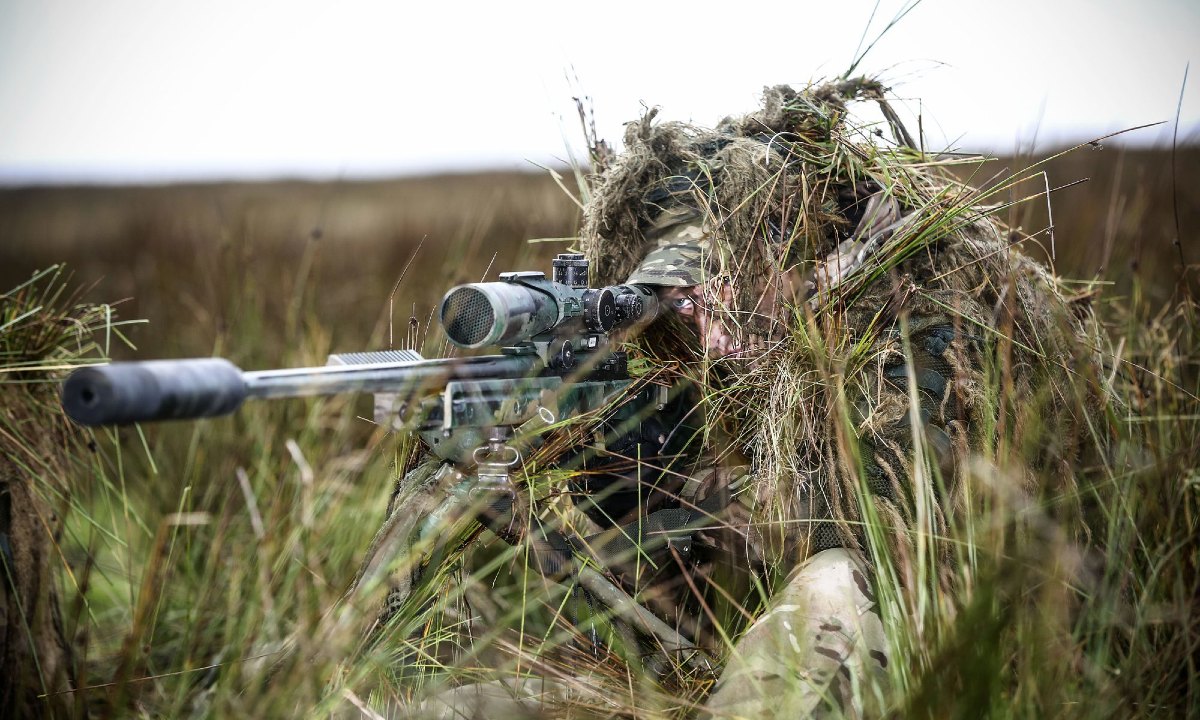- Reaction score
- 19,222
- Points
- 1,160
Several hundred 40mm Aussie grenade/drones included in the Brits' load-out to Mali
Hand launched, UGL launched. Reusable. Video. EW. Swarming. Individual. HE. AP. AT. Flash-Bang.

British Troops Get Small Swarming Drones They Can Fire From 40mm Grenade Launchers
The tiny drones can carry various payloads, including video cameras and explosive warheads, and fly together as a swarm after launch.www.thedrive.com
Interesting video of how Brit light troops now operates with Jackals and Foxhounds (Light Dragoons and Anglians) .... and the aforementioned Drone40
Very interesting developments.
I do wonder about recovery of unexpended ones, their attractiveness to children and the whole cluster munitions debacle of decades ago.
While these wouldn't technically fall under the Convention on Cluster Munitions, to be considered a practical alternatives which wouldn't attract a similar ban, they would probably need the same fail-safes etc.










